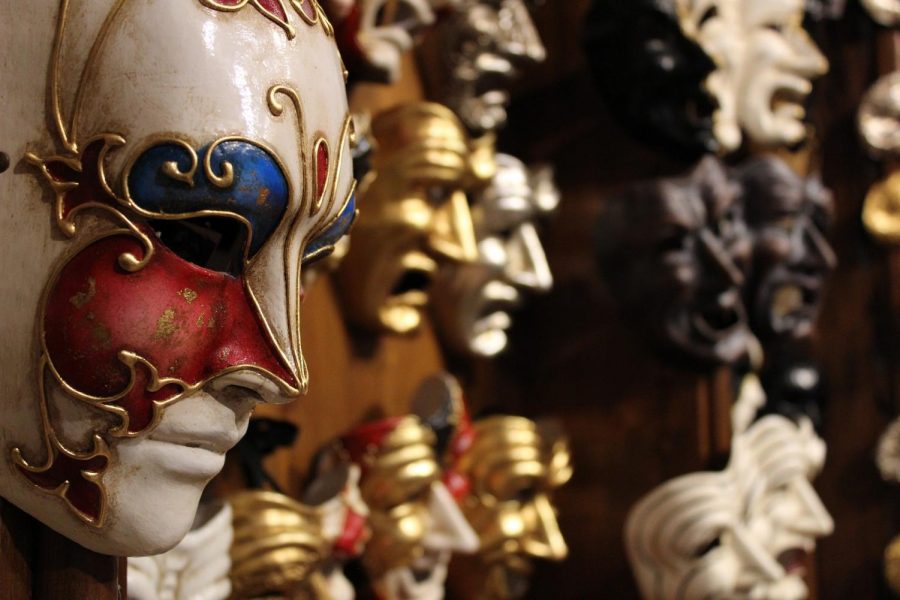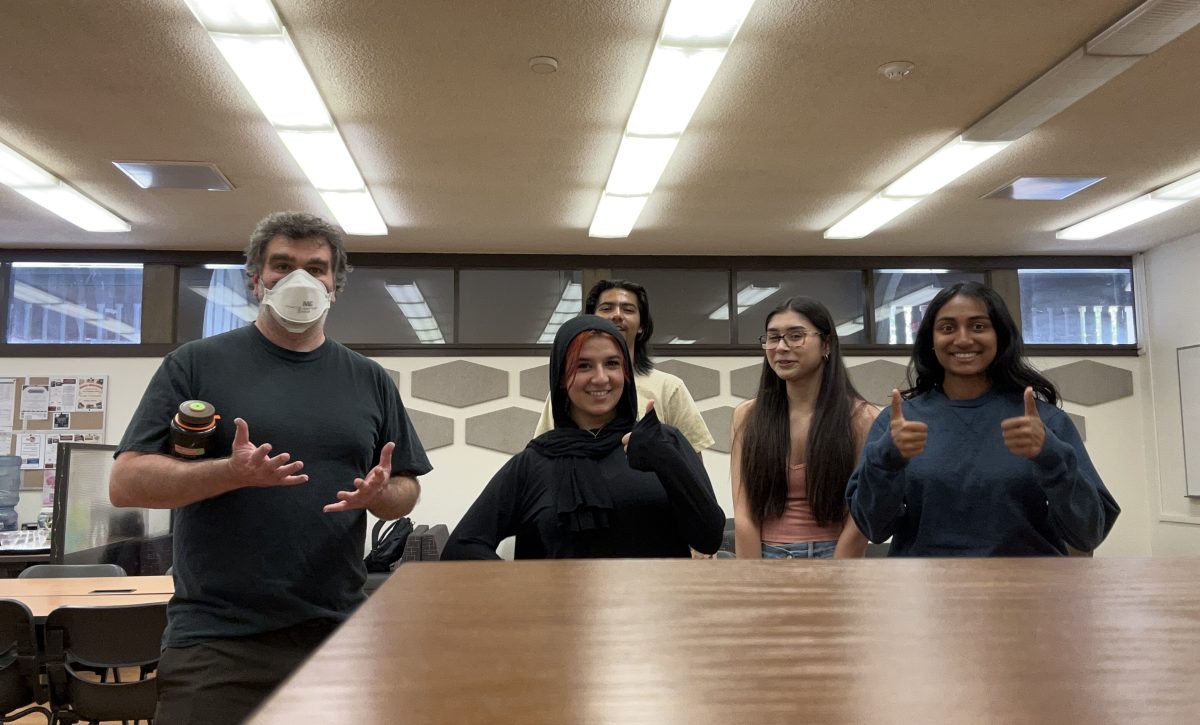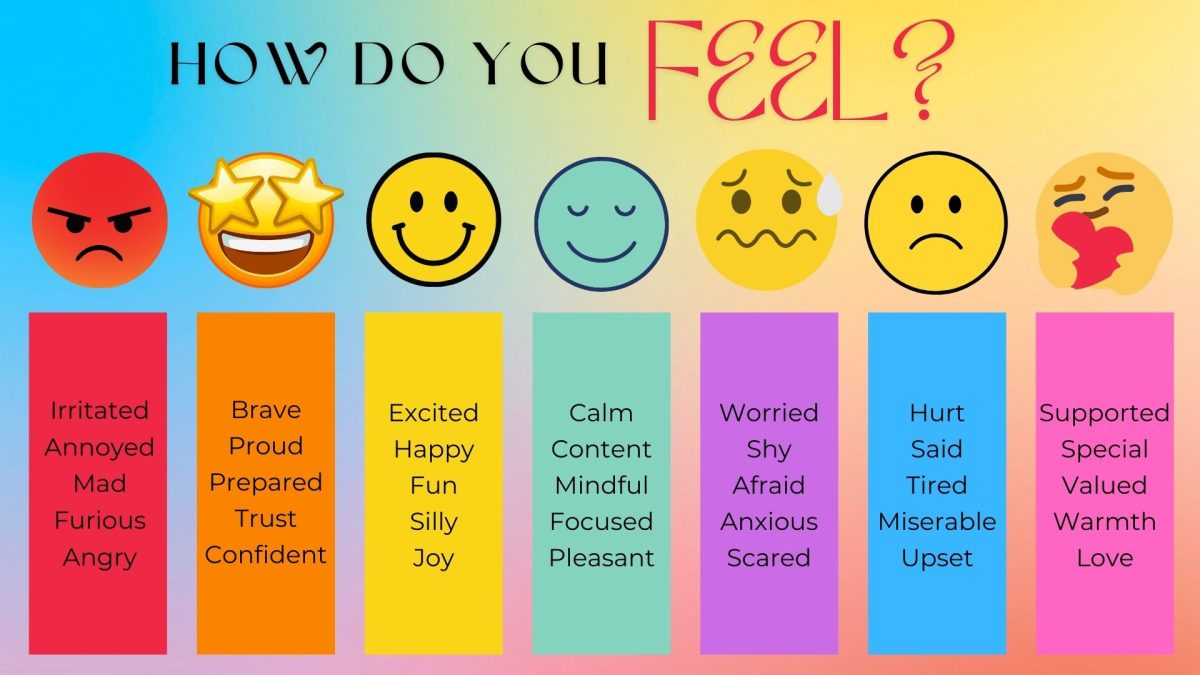Great talent should never be valued over our morals
Image by Giada Nardi from Pixabay https://pixabay.com/photos/venice-masks-carnival-costume-mask-3403354/
November 25, 2019
If talent should trump morality, then we could all support horrible people in peace.
“No” is the simple answer to the debate of whether separating an artist from their craft is a good thing.
However, separating ourselves as fans from an artist we feel represents who we are or what interests us can be difficult.
When an artist, athlete or actor comes under fire for questionable behavior, fans dismiss their actions far too easily in order to save the image of the artist they’ve created in their head.
We could look at Kanye West’s political shift, Johnny Depp’s abuse allegations or Gina Rodriguez’s use of racial slurs as examples of problematic artists whose fans look to their songs, movies or T.V. shows as representations of who they are.
For a good period of time, people will be angry.
People will outwardly express that frustration but after a half-hearted apology and new release, people quickly revoke their criticisms.
At heart, we struggle with letting go of songs, sports achievements, representation in media that have been monumental in our lives.
Instead, we say that the art represents us, not the person who made it.
The easiest example is R. Kelly. His music inspired many. “I Believe I Can Fly” was sung across churches in America. His enthusiasm and talent were universally recognized.
Yet, he abused underage girls for the better part of 20 years and alluded to the scandals in his music. His career, for the most part, scarcely suffered.
We can speak for ourselves and say that this art speaks for us as well. However, talent should not trump morality when people have been abused or traumatized.
“The people who were silenced and thrown out and kept from working by these predators will be able to go forward and thrive,” said Ben Travers, IndieWire television critic, in an article by The New York Times.
Art communicates a message to its audience. This message comes from a part of the artist’s history and actions.
We could possibly look at their work with their past in mind. Great talents lead to important contributions to culture and history which should be looked at and studied, but not admired.
When we willingly dismiss horrible behavior, we allow the products of an artist’s talent to be reused, streamed, displayed across platforms to retraumatize people who suffered at the artist’s hand.
Not even the greatest talent should trump morality.
Image by Giada Nardi from Pixabay































![Dwayne The Rock Johnson Eva Rinaldi [CC BY-SA]](https://lavozdeanza.com/wp-content/uploads/2020/01/Dwayne_Johnson_2_2013-369x475.jpg)